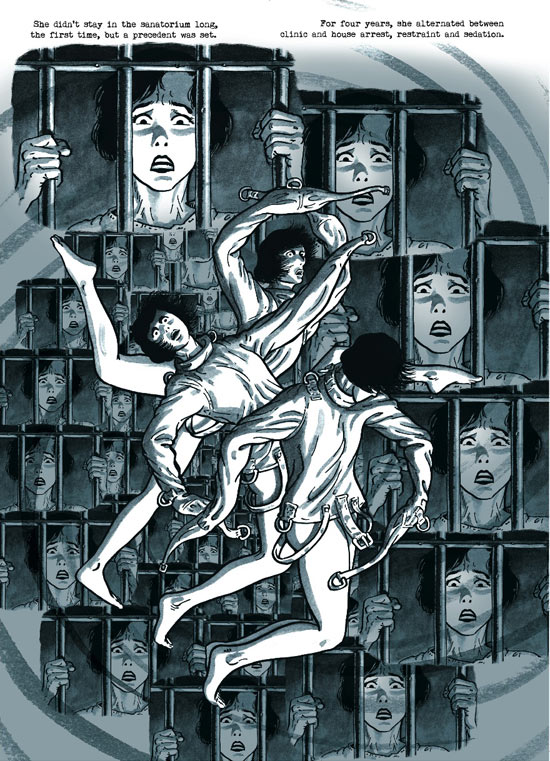"...she was given a GLASBO.’
Marco blinked. ‘Glasbo?’
‘Glastonbury’s version of an Anti-Social Behaviour Order,’ Woolly said. ‘They hung one on Eleri for disturbing the peace by making prophesies of doom late at night down by the Abbey gatehouse. She ain’t allowed to stand there after 6 p.m. for the next year.’ [loc 1204]
Occult thriller for children set in contemporary Glastonbury. No, really. And it's ace.
Marco is spending the summer with his grandparents, Woolly and Nancy, who are firmly of the Avalonian persuasion: ageing alternative types who believe in mystery and magic, and are in a perpetual detente with the Glasties (the more, er, conservative townsfolk). Marco has already encountered the true magic at the heart of Glastonbury, and his friend Rosa has an 'understanding' with the ghost of the last abbot. (Marco's friend Josh, psychoanalyst-in-training, is another matter.)
But now the Glasties are reporting marvels and visions, and are very put out about it all. ("How do you think this feels for me?" Mr. Cotton howled. "Having to come to a notorious crackpot like you and admit to having seen something one simply can’t explain?" [loc 123]) There's a distinctly Arthurian tone to the portents, especially Rosa's discovery of a rusty old blade that could date back to the Dark Age. And the makers of the best-selling computer game Arturus Rex are looking for a site for their new factory ...
The plot's fine, but what really makes Marco and the Blade of Night worth reading is Rickman's wicked, witty depiction of Glastonbury and its inhabitants. I kept recognising places, and expecting to recognise specific people (rather than just types). Marco, Rosa and Josh are likeable enough teenagers with rounded characters: but Woolly, Nancy, Eleri and Granny Goldman feel comfortably, affectionately familiar.
Marco and the Blade of Night is the sequel to Marco's Pendulum. It does stand alone, but I'm now very tempted to read the first book.
